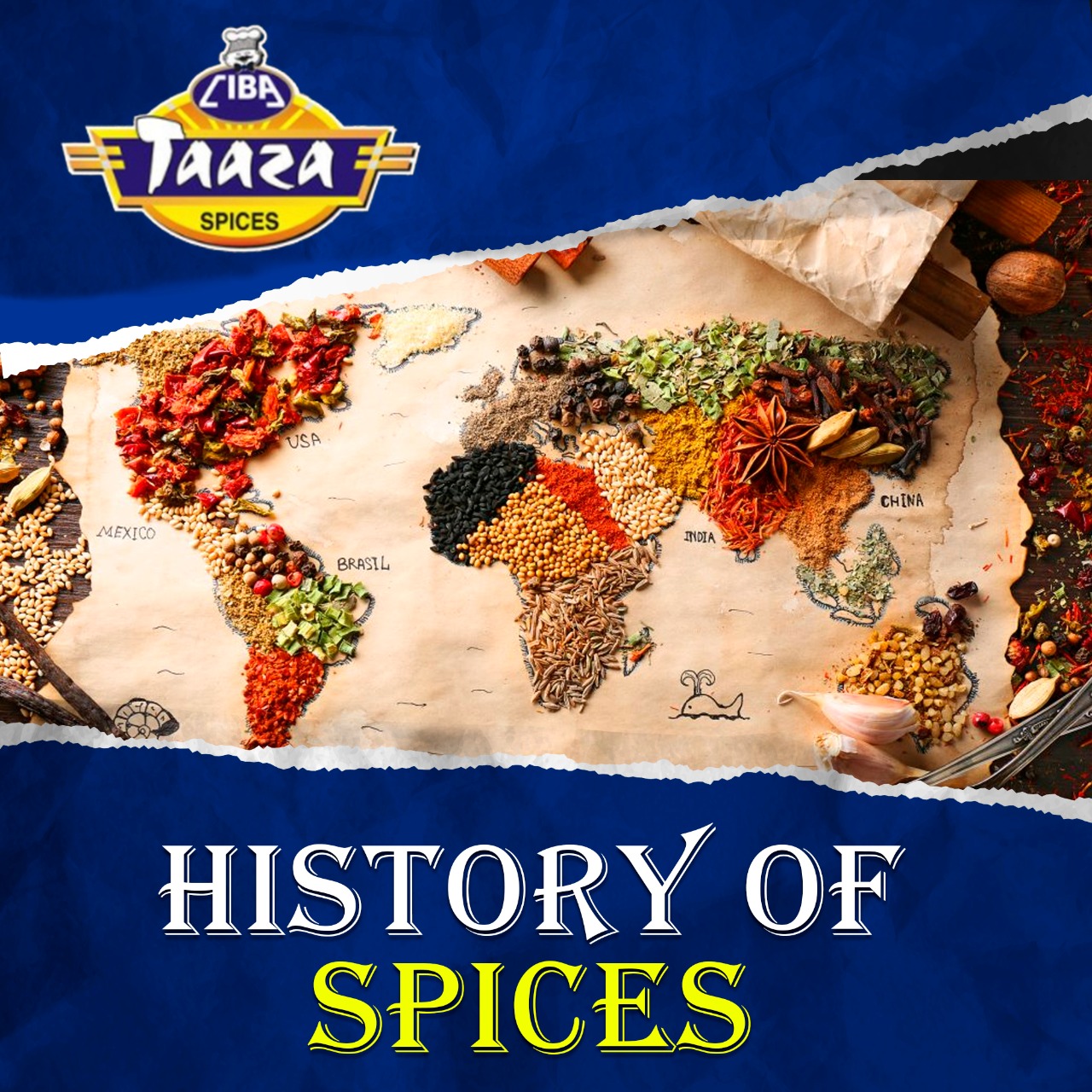History of Spices

Spices hold a very special place in our kitchens. Without these, a kitchen is nothing. But do you know where and how the spices originated? Well, in this article we will take you on a journey of the history of Spices and exactly where and how your food started to get spice!
In earlier days, the trading of spices was very difficult and people held a monopoly of the business. To abstain from other businessmen and tradesmen to explore a particular area for spices, the prime spice traders spread rumours. The rumours were like many spices were either located at some dangerous exotic locations or were safeguarded by poisonous animals. Well, these rumours were meant to increase the price of spices, to increase the curiosity surrounding spices, to decrease the emerging competition and to combat the newbies in the market.
Origin of spices in India Now the main question here arises is that how did the spices originate in India. Earlier the sea routes were the prime way to reach out to many places, so many traders went through this path. But if we date back to the past, the earliest record of spices is found during the time of the Vedas. The Rig Veda and the Yajurveda are said to have mentions of spices. India is a land of diversity. It is the primary land of spices and due to this, it is known as the “Spice bowl of India”. However, in earlier times, the record of history was carried forward orally from one generation to another and this is where the foreign invaders had an upper hand. Arabs were the primary and the key traders of spices for as long as 5000 years. They had a monopoly until the Europeans discovered a sea route to the land of India. Many travelers and explorers are said to have found their ways to a cheap source of all the spices. To name a few, Christopher Columbus, Vasco da Gama, Ferdinand Magellan, and many more others are said to have found their ways in the land of spices. On their way back, they even carried huge cargos full of eminent spices such as nutmeg, cloves, ginger, black pepper, and many more. So, there is no denying the fact that India was then and is still the king of spices and till date dominates the Spice industry.
Even medieval times saw a rise in the spice industry. India was seen as a prominent land for trading spices and earning a huge amount of money. So, many European countries had a sharp eye on the Indian subcontinent. This led to increased competition and fights to colonise the country. Many European and foreign invaders came to India to make India their colony to establish a monopoly in the trading of spices. It is certain and quite incident that spices were liked at that time too because of their unique taste and flavour enhancing properties. So, there were the Portuguese, the Spanish, the Dutch, the French as well as the English who wanted to have an upper hand and monopolize the spice trading industry in India.
So, to conquer the country, empires were built and brutal competitions were held. However, the British succeeded in this and they made India their colony. They are said to have ruled the Indian subcontinent for around 200 years. After the independence, the rest is all history and is known to almost everyone.
Today to have a better administration of the Spice Industry, every state has made a separate board to control the trading of the spices. Many traders are exporting the spices grown on the Indian subcontinent. Today, the use of spices have been established in every sector and not just the food industry. Indian spices are also known for their medicinal properties besides their flavouring properties. They have found their ways to many other industries such as pharmaceutical, perfumes, cosmetic, medicine besides food and agro-industries.


